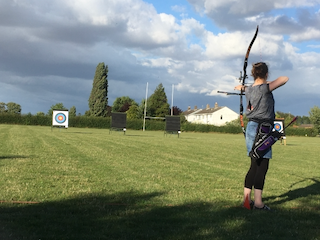
Hobbies: A Manifesto
I want to rescue hobbies from their stereotypes and show why they should not be dismissed as dull, trivial, or derisory. Hobbies bring a unique value to our lives, something that is not offered by other forms of leisure. They are good for us as individuals and they are good for us as community: hobbies provide diverse social interactions that are essential for well-functioning democracy. Hobbies have political significance, too: they have implications for how we order our family life, our employment practices, and our schools – as well as our free time.
To convince you of the importance of hobbies, I’ll explore the empirical findings from sociology, psychology, and medicine, and I’ll tell stories of some of the hobbies being pursued in my home town of Cambridge and beyond. I’ll give an account of what hobbies are, and what makes them distinctive and important. I’ll explain why hobbies are a distinctive part of a flourishing life, something that we should all endeavour to pursue. I’ll show how we’re often prevented from pursuing hobbies by the demands of family, school, work, and screens. And I’ll show that hobbies are gendered. In their current incarnation, hobbies often increase burdens on women and reduce them on men, and they reinforce gendered stereotypes.
This manifesto for hobbies shows how to access and deploy the power of hobbies. Everyone needs access to hobbies, which means dismantling economic, employment, and educational structures that prevent some people from pursuing them. And hobbies can help us to counteract some of the challenges of modern life.
Hobbies, I’ll argue, are important precisely because they’re unimportant. They have purpose just because they are unnecessary. And they add to our individuality even – especially – when they are shared and social. Hobbies make us who we are, help us find our place in the world, give us cause to celebrate our accomplishments, and allow us to step back from our obligations. They are good for all of us.
